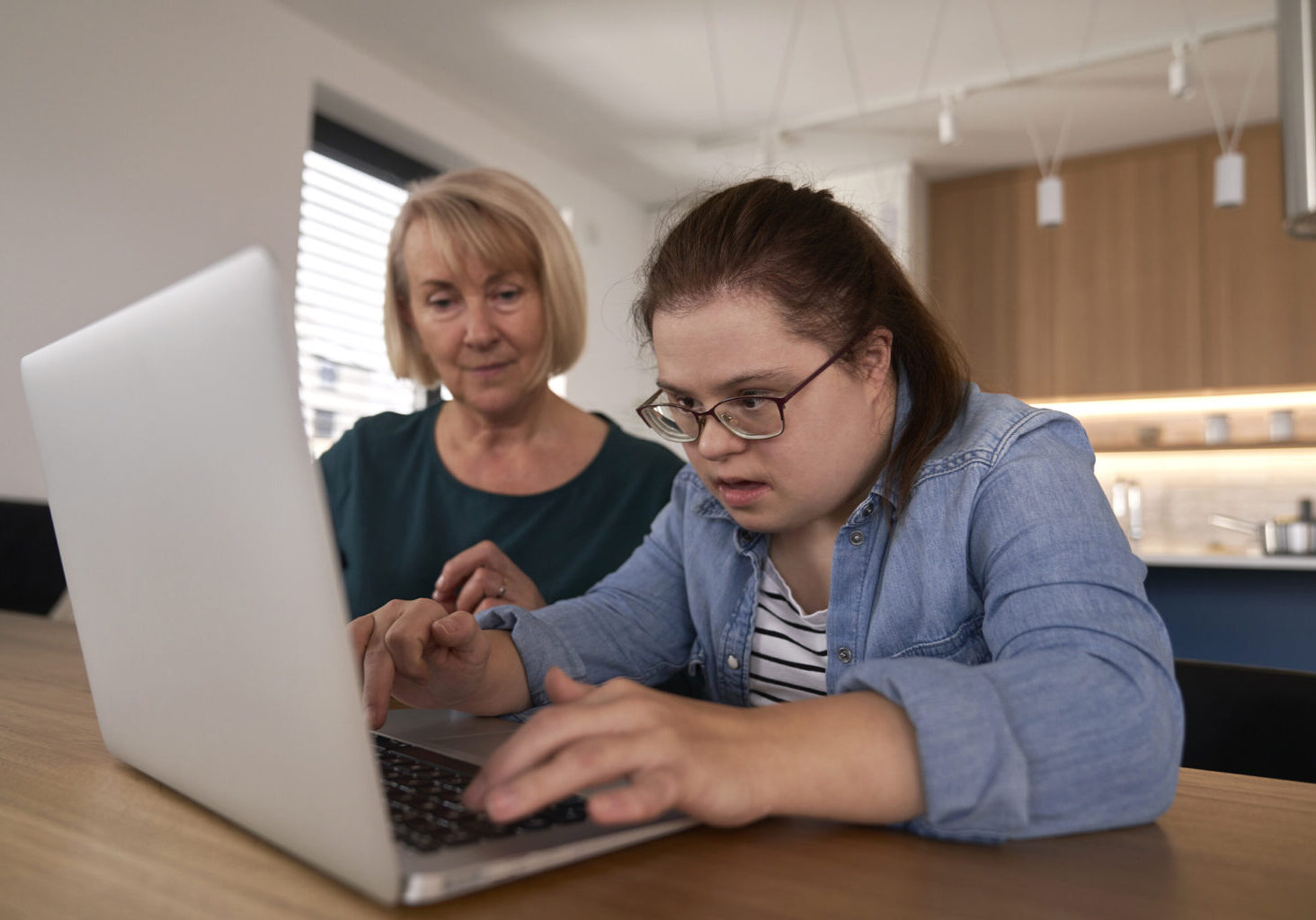
When They Turn 18: Pre-Navigating Life at Age 18 and After Special Education Ends
When your child with IDD turns 18, it can feel like you’re standing at the edge of a cliff, wondering what comes next. Up until now, the school system provided a reliable structure. Services were in place, routines were built, and you had a team helping carry the load. But once special education ends, it can feel like all of that just... stops.
So, what now?
Understanding the Shift
Between 18 and 22 (if you start your last year of school before your 22nd birthday), school-based services come to an end. This can be overwhelming, especially when you realize that what once came automatically now requires you to seek out programs, make phone calls, and learn a whole new system. Adult services are out there, but they’re fragmented. It’s not one-size-fits-all anymore.
There are community-based services that focus on care coordination, supported living, day programming, and long-term planning. These exist to help families feel less overwhelmed and more empowered as they build a new structure for their adult children. Covenant Case Management Services (CCMS) is one such provider in North Carolina that supports families through this transition.
Know Your Child's Rights
Your child still has rights under programs like Medicaid and the ADA. It’s important to apply for services early and get connected to local support networks. Waiting lists for services like group homes or day programs can be long, so starting early is key.
Many families explore the NC Innovations Waiver and 1915i services at this stage. These programs can fund personal care assistance, skill-building, supported employment, and more. Services like AbleHaven (Community Living and Support), GracePause (Respite), or ResourceGuide (Tailored Care Management) may be used to build the next stage of support.
Connect with Community Resources
Look for organizations in your North Carolina community that offer mentorship programs, life skills coaching, and daily structure for young adults with IDD. Day programs like Dream Center, supported living through Independence, and respite care such as GracePause can help maintain routine and quality of life.
Emotional Impact
Let’s be real, this transition isn’t just tough on your child. It’s tough on you too. You may feel like you’re losing the team that helped raise your child. It's okay to grieve that loss. But remember, new communities and support systems are out there.
You don’t have to do this alone. Support is out there, and you're not the first parent to walk this path.

When They Turn 18: Pre-Navigating Life at Age 18 and After Special Education Ends



